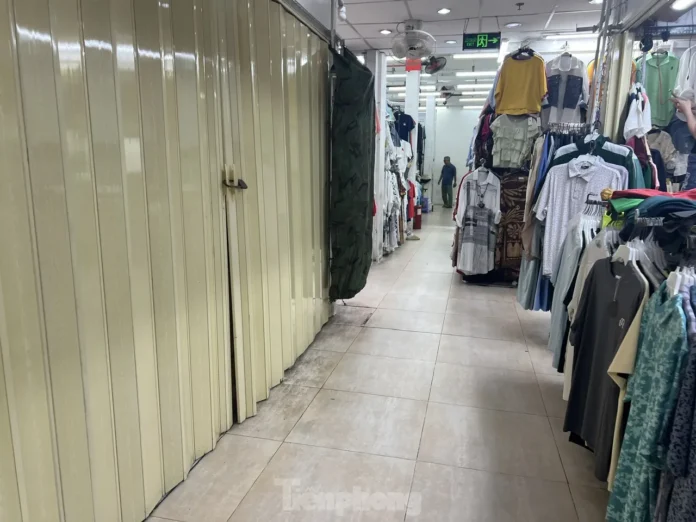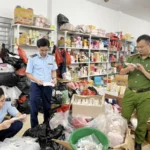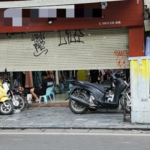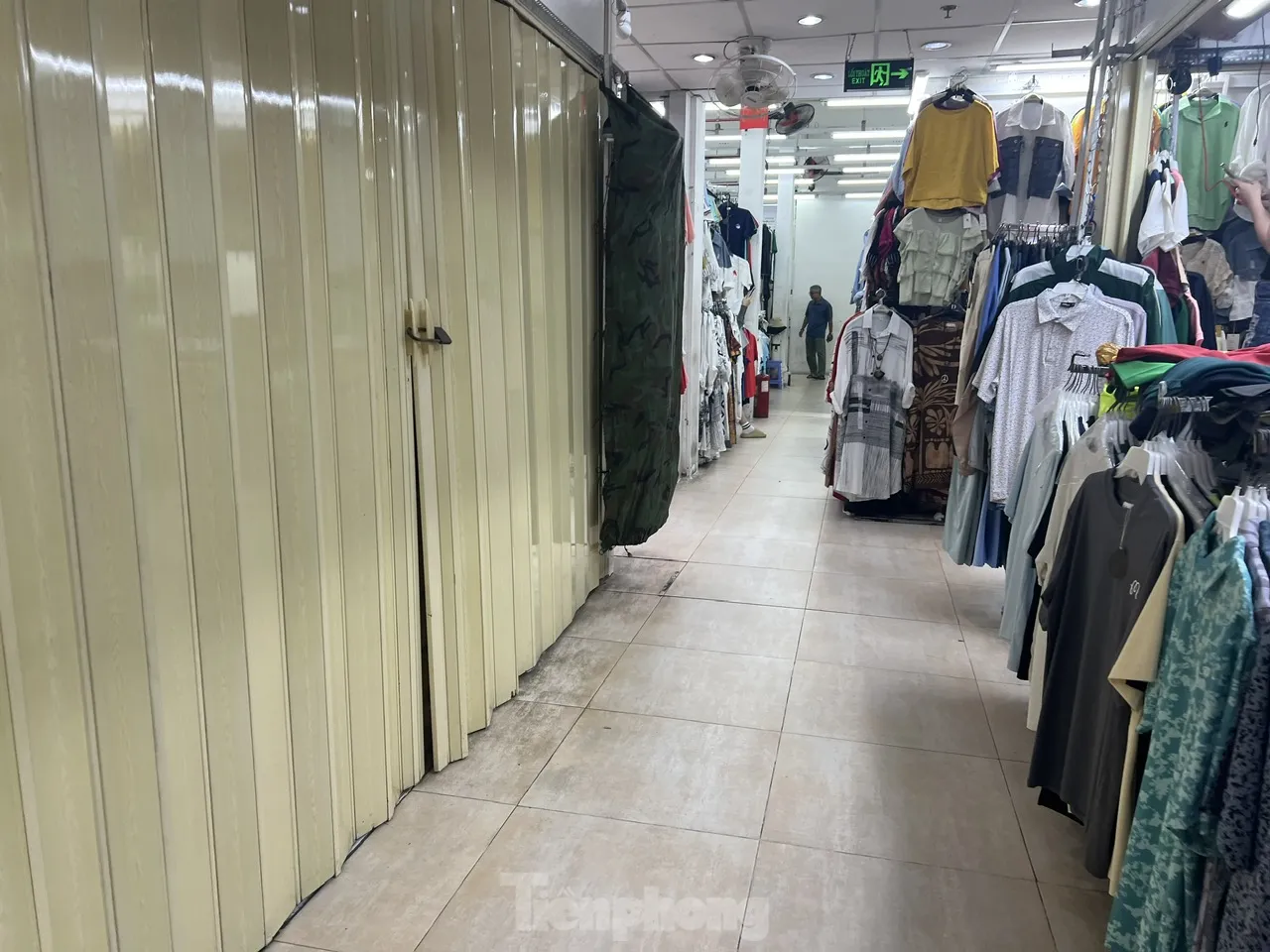
On June 10th, the Saigon Square shopping center in District 1, Ho Chi Minh City, was unusually quiet, with many kiosks shut tight. This wave of closures started after market management conducted inspections in late May 2025, seizing thousands of suspected counterfeit fashion items.
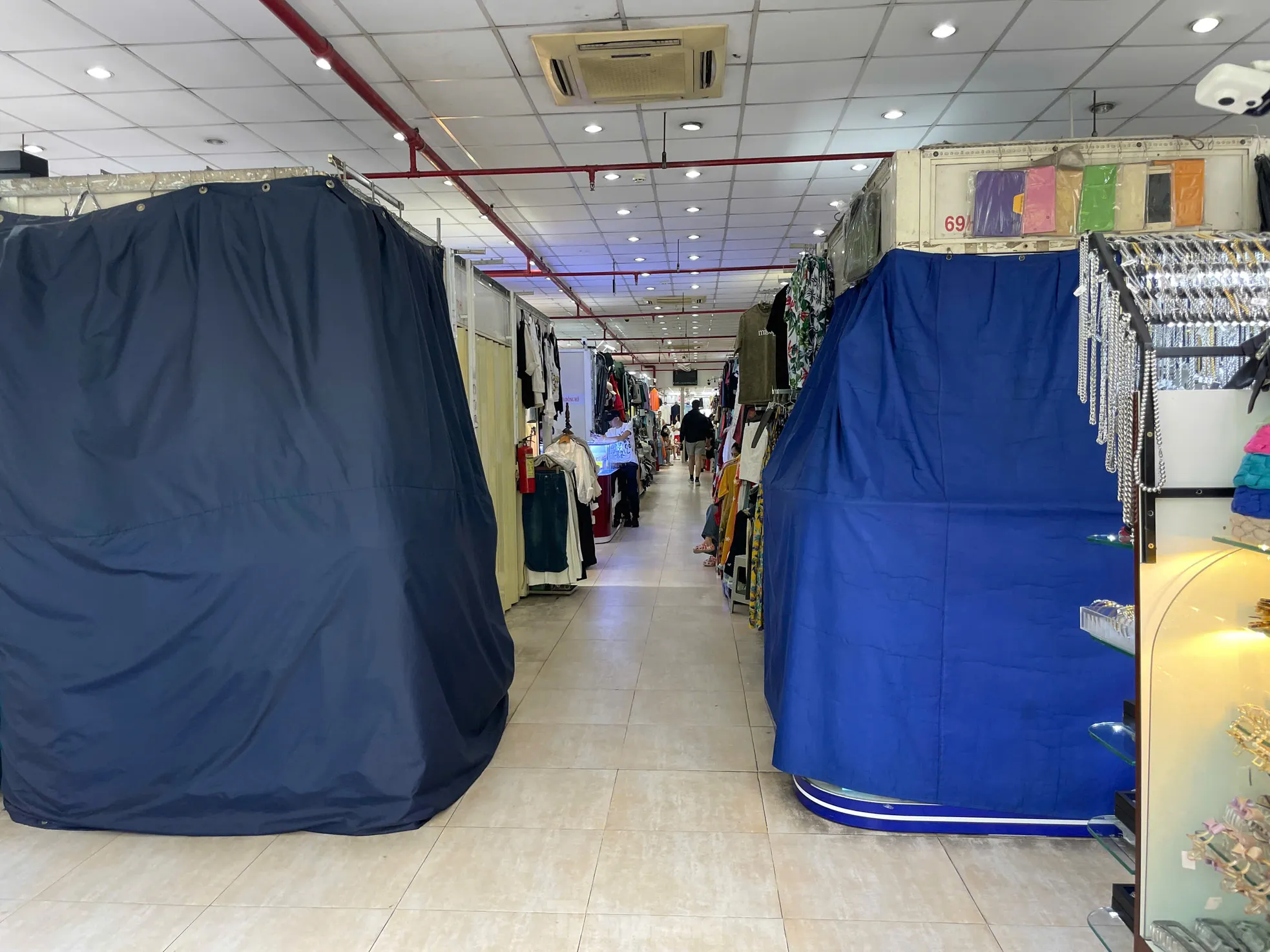
Saigon Square has long been a popular shopping destination for both locals and foreign tourists, offering a wide range of seemingly authentic products from famous global brands at incredibly low prices, often just a few hundred thousand dong.
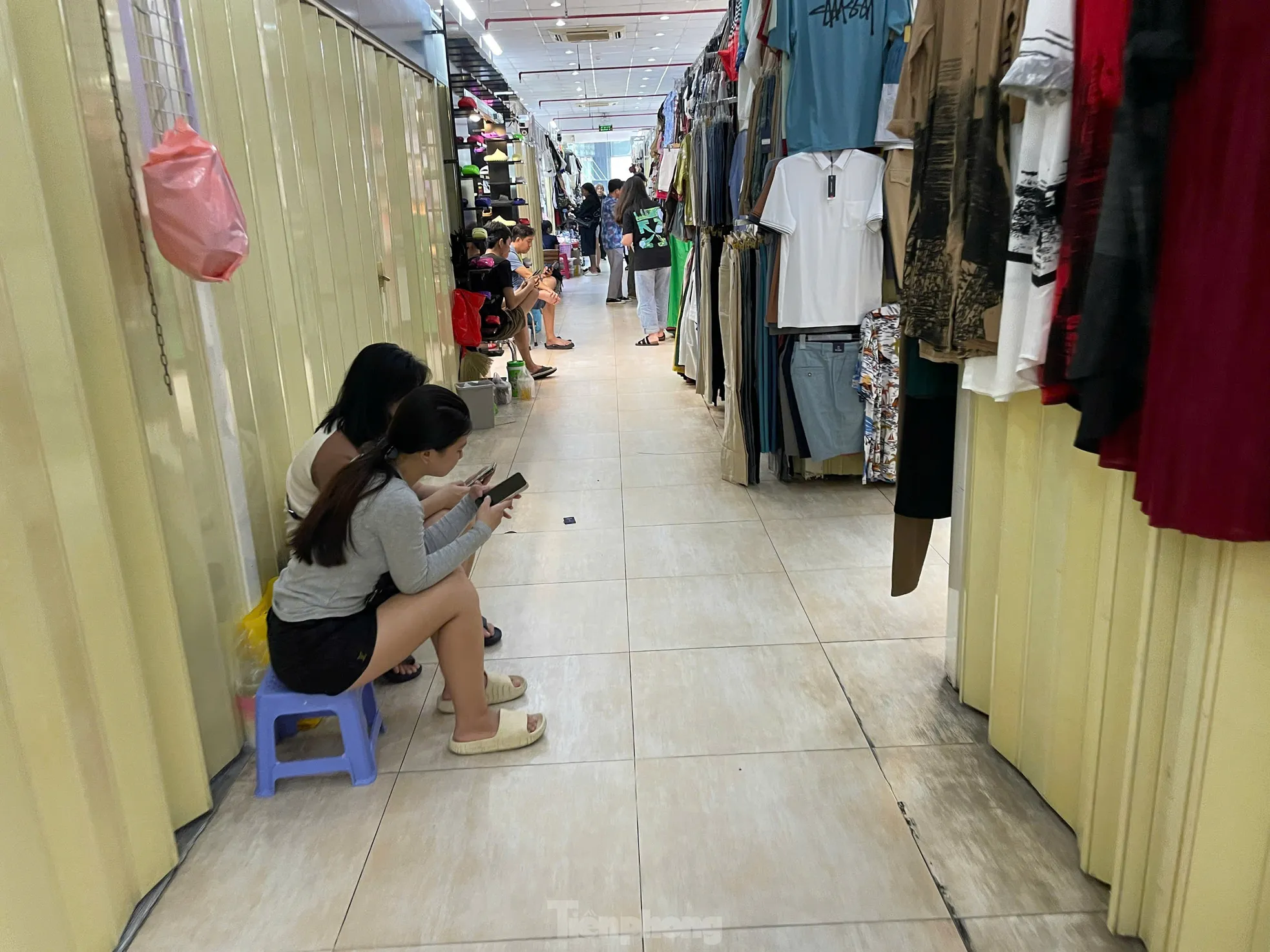
Despite the closures, salespeople remain on standby, lurking in the vicinity. When familiar customers pass by, they quietly open their doors for a quick sale or resort to online platforms, delivering goods through shipping services upon request.
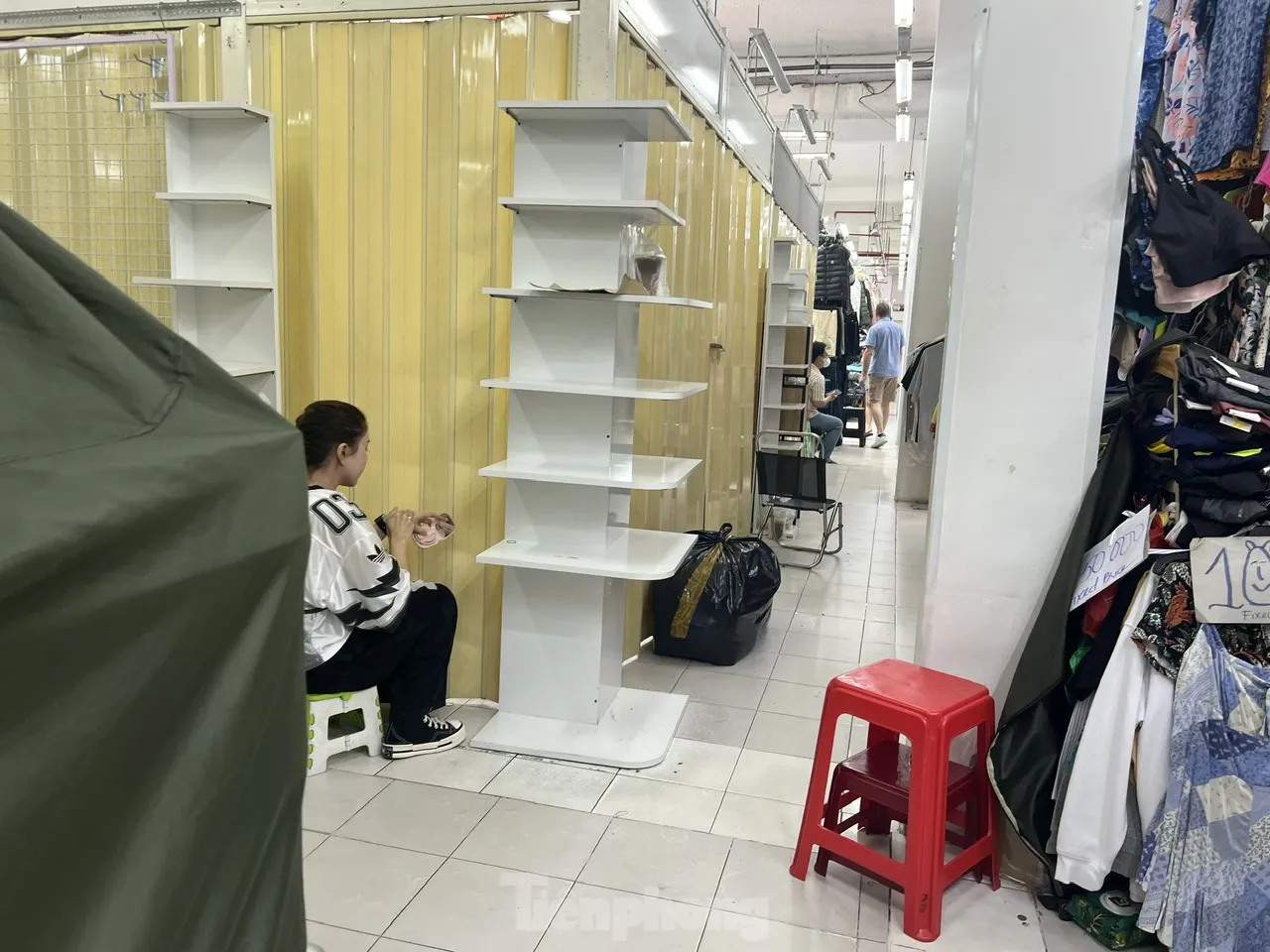
Saigon Square has been under scrutiny by authorities for some time, with multiple inspections leading to the seizure of suspected counterfeit goods. The merchants’ usual response is to temporarily shut down, only to reopen and resume business as usual after a brief hiatus.
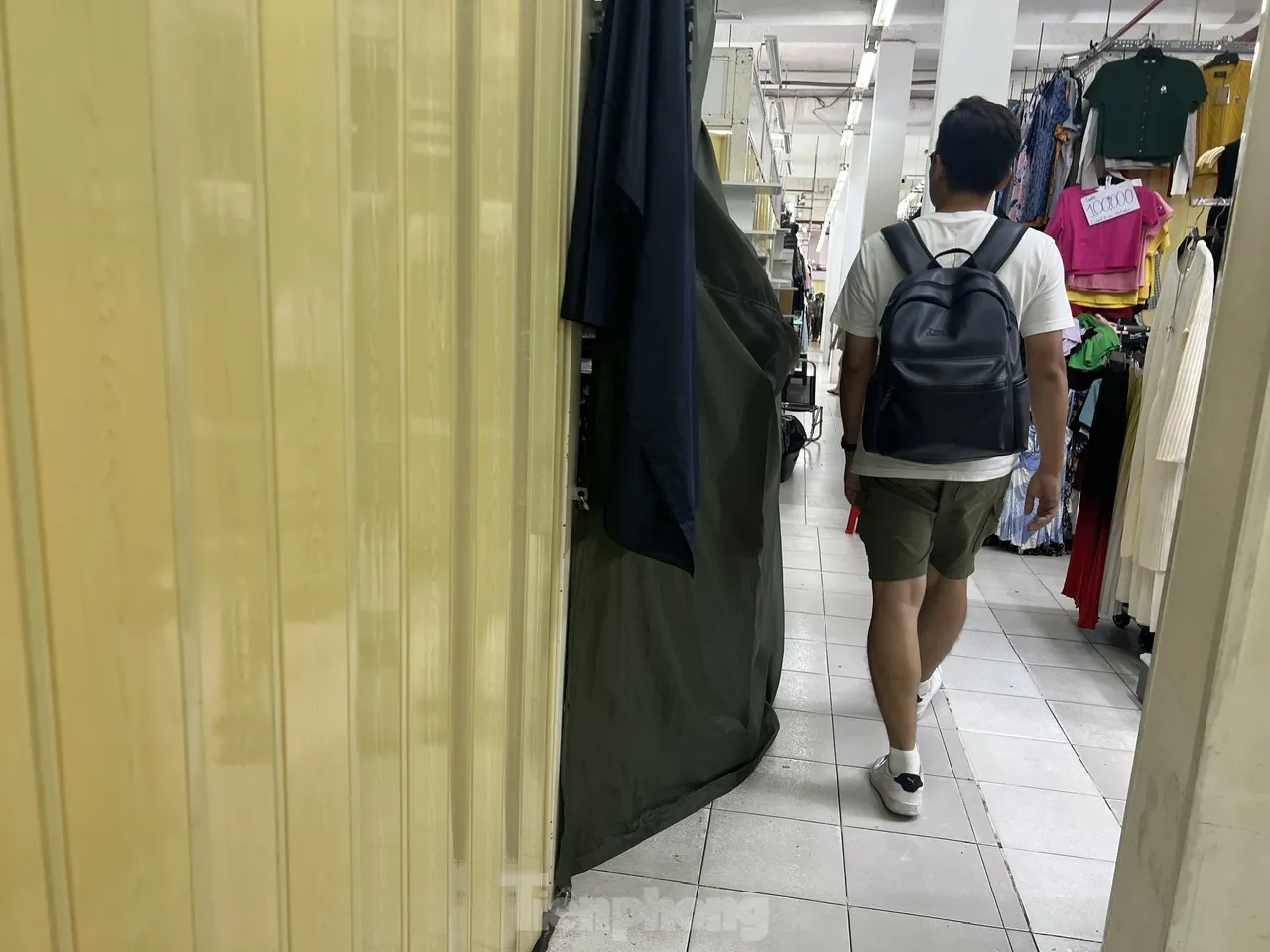
When asked about the closures, merchants bluntly attribute it to avoiding inspections. The stalls that remain open primarily sell domestic fashion products.
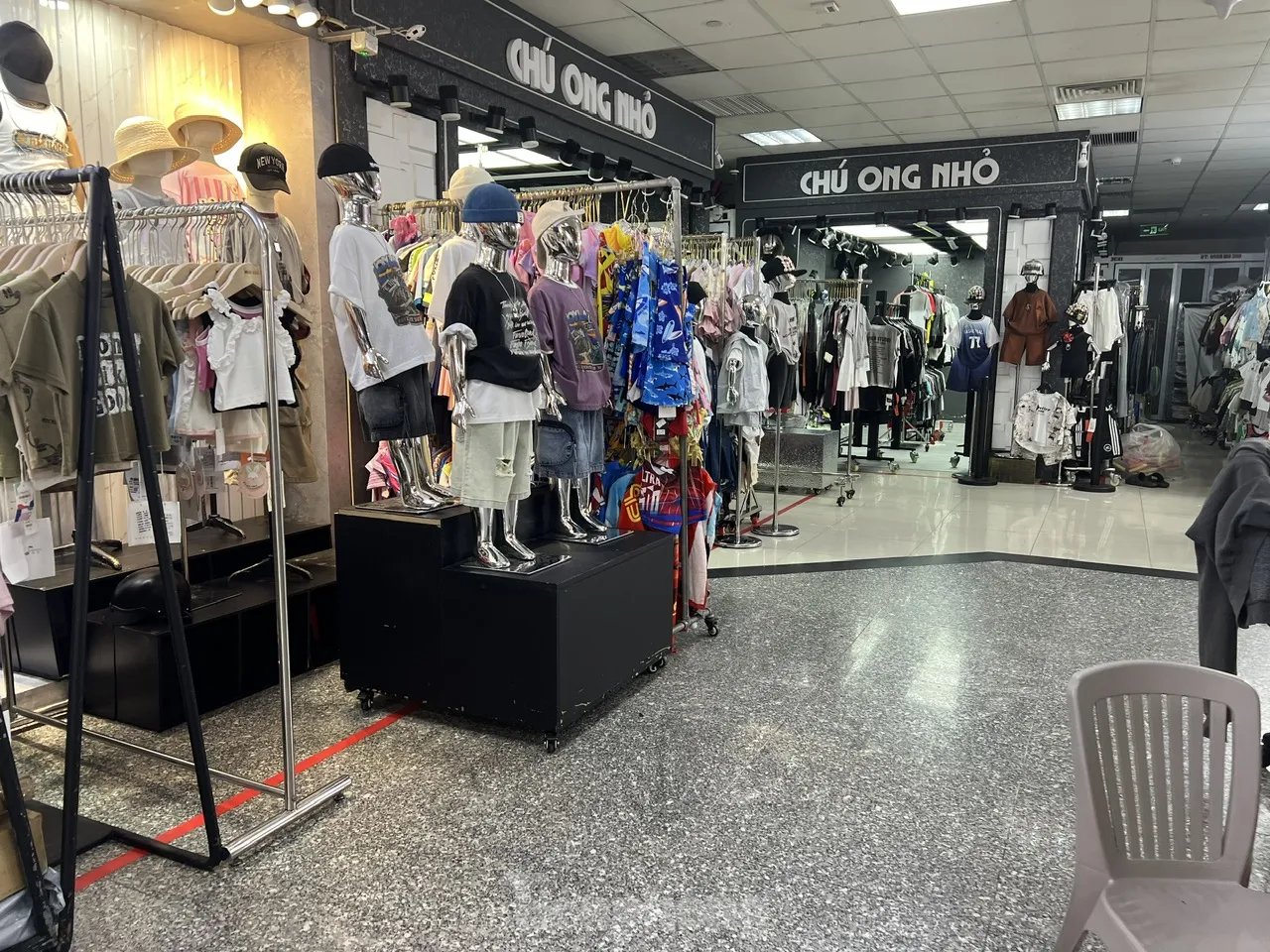
In contrast, the stalls at An Dong Plaza in District 5 remain open, displaying a variety of goods, yet they too suffer from a lack of customers.
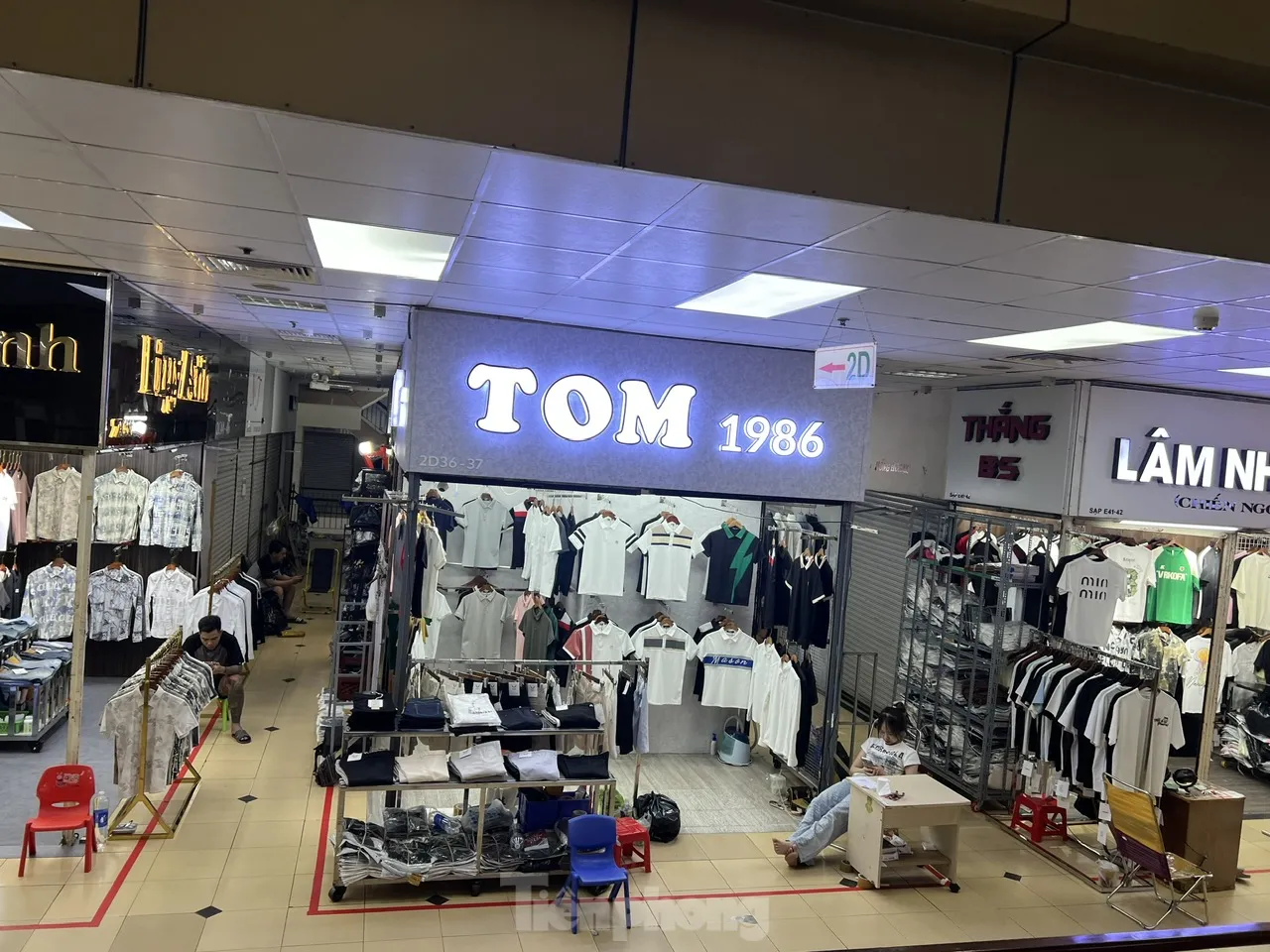
Merchants sit idle, passing time on their phones. “Clothes are abundant and affordable, but there are no buyers,” says Mr. Ha, a men’s fashion retailer. “People are tightening their belts due to economic hardships, only spending on essentials.”
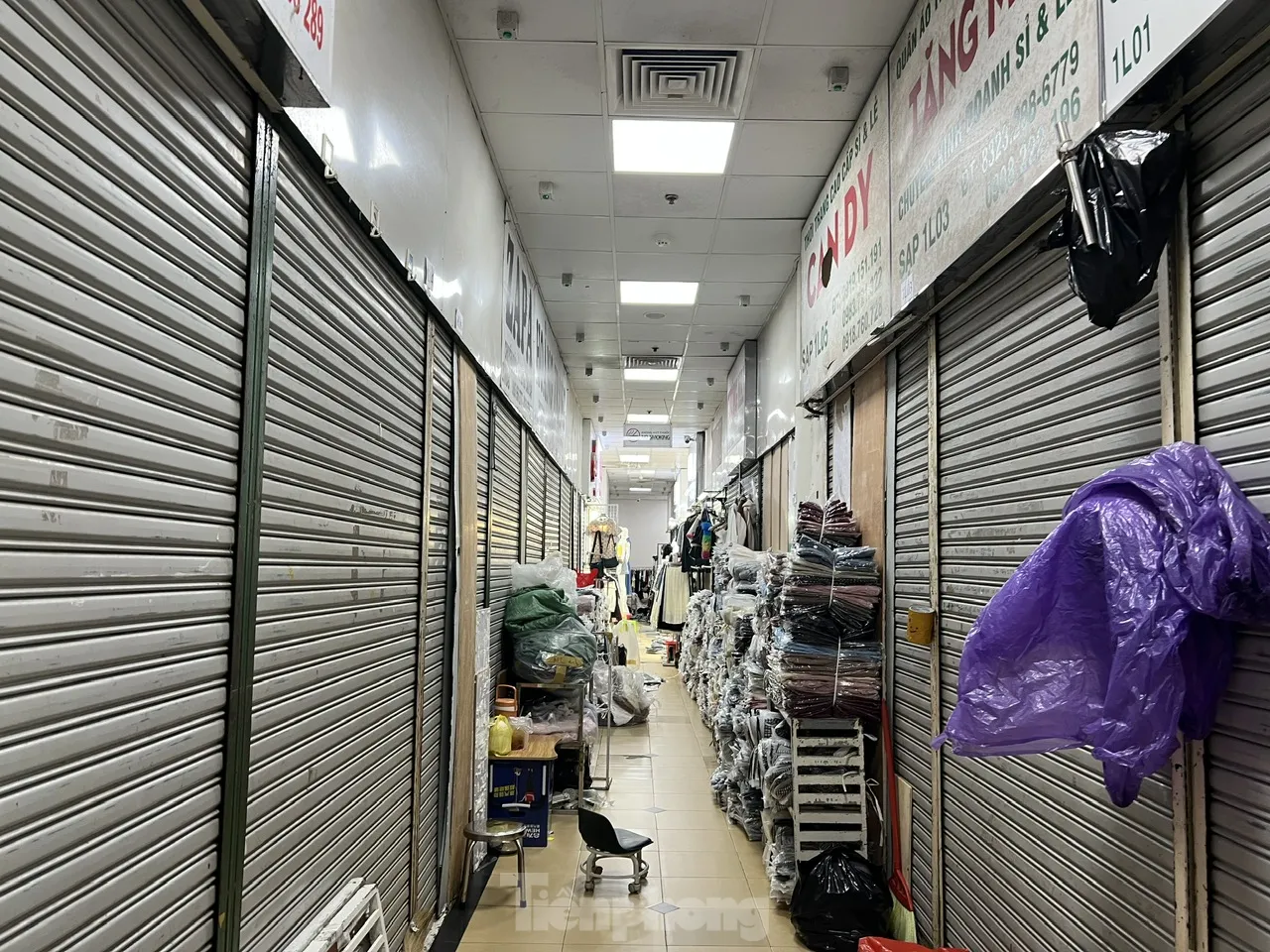
Rows of stalls at An Dong Plaza remain closed. “Many retailers have shifted to online sales since the beginning of the year, using these kiosks as storage spaces,” says Ms. Thuy, a children’s clothing vendor.
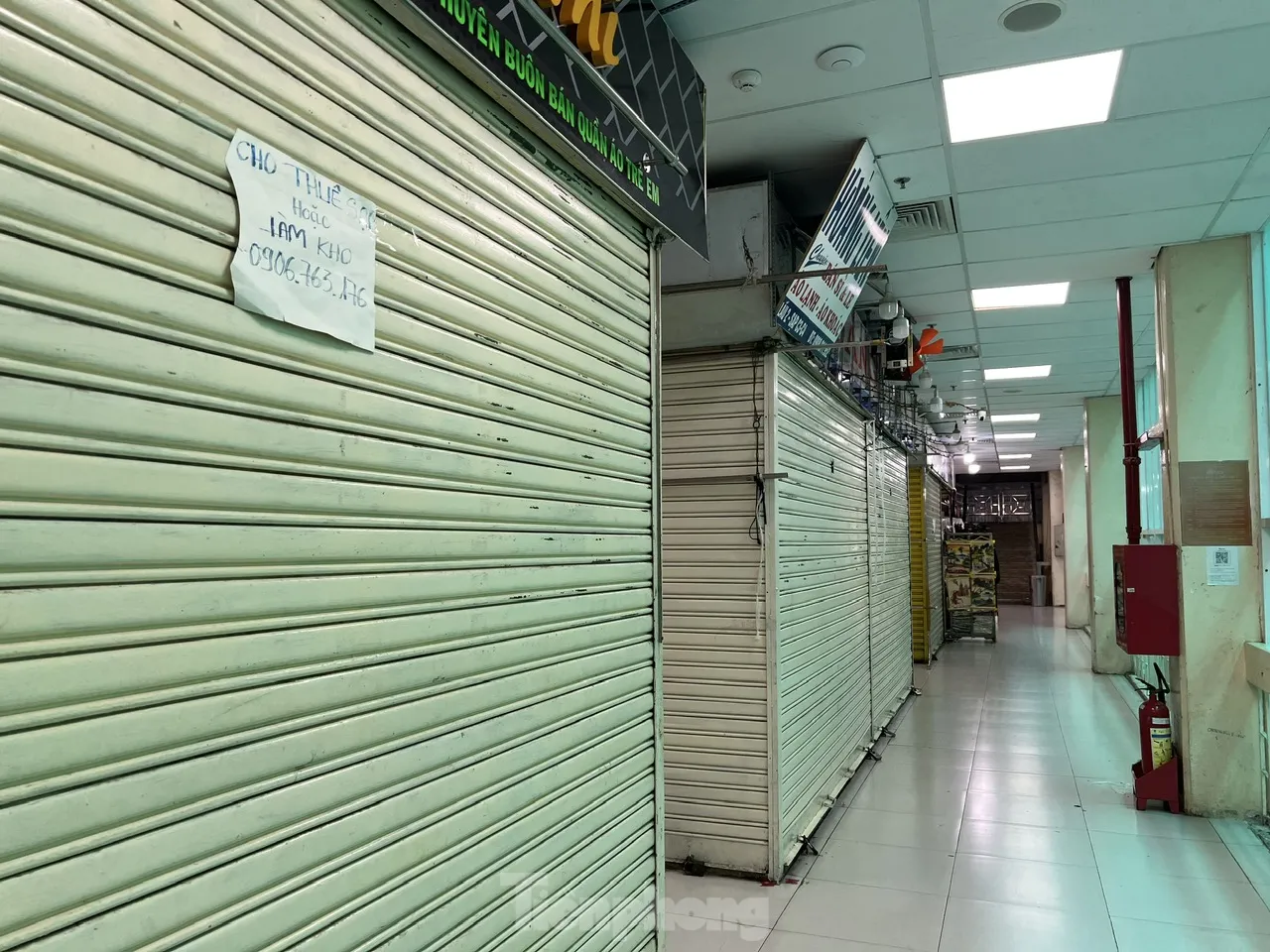
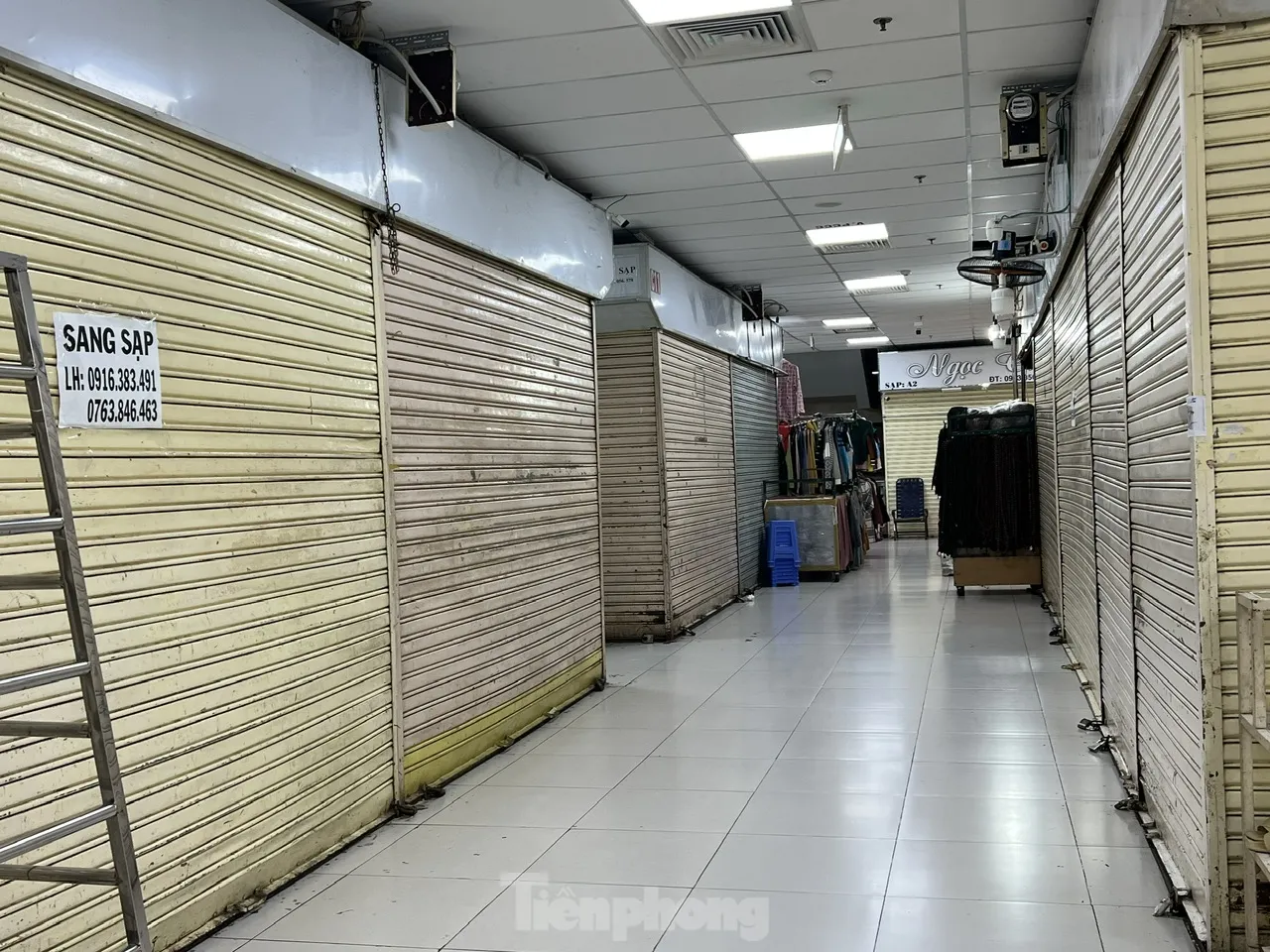
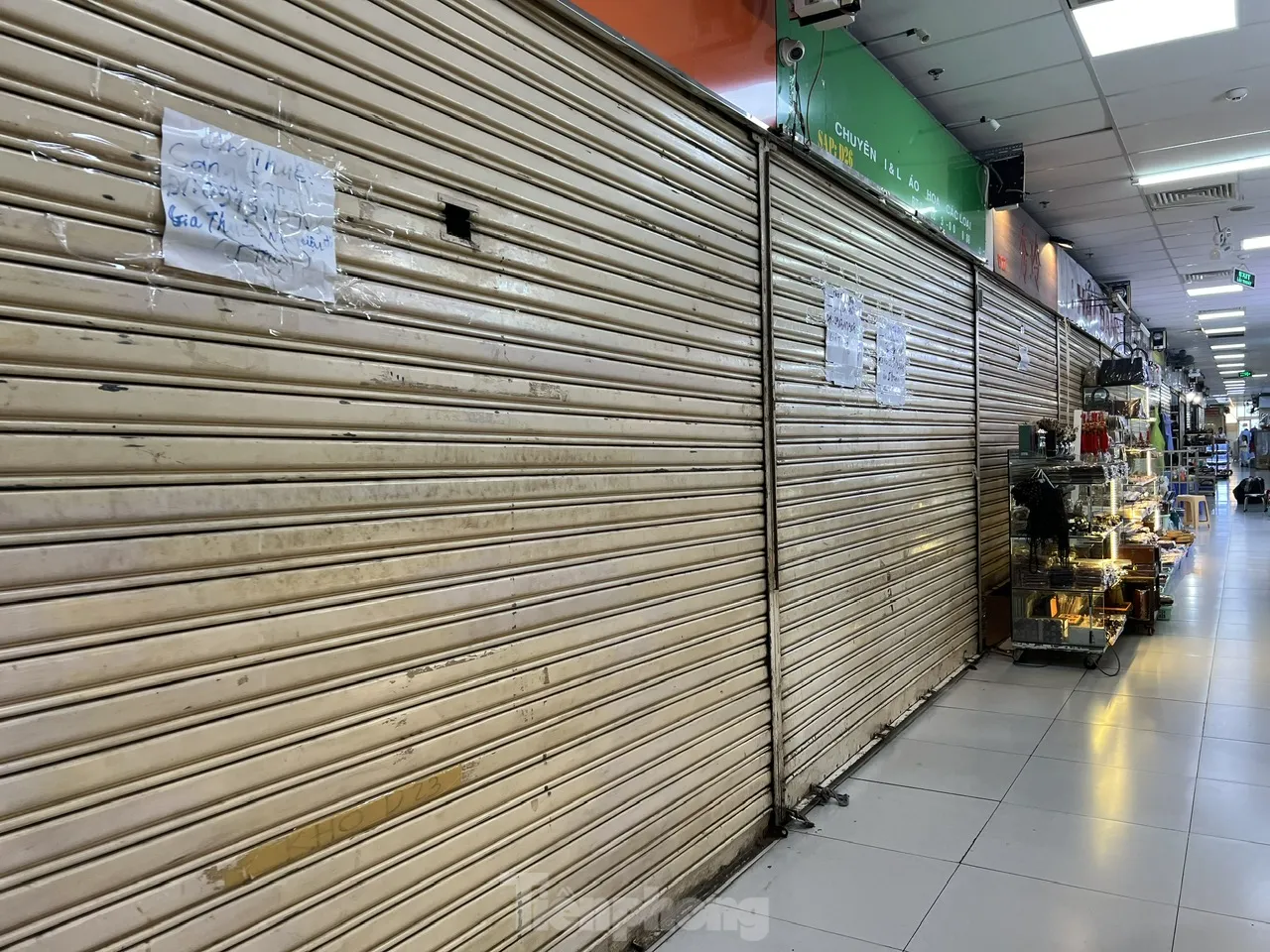
Numerous kiosks at the An Dong market display signs offering their stalls for rent or transfer.
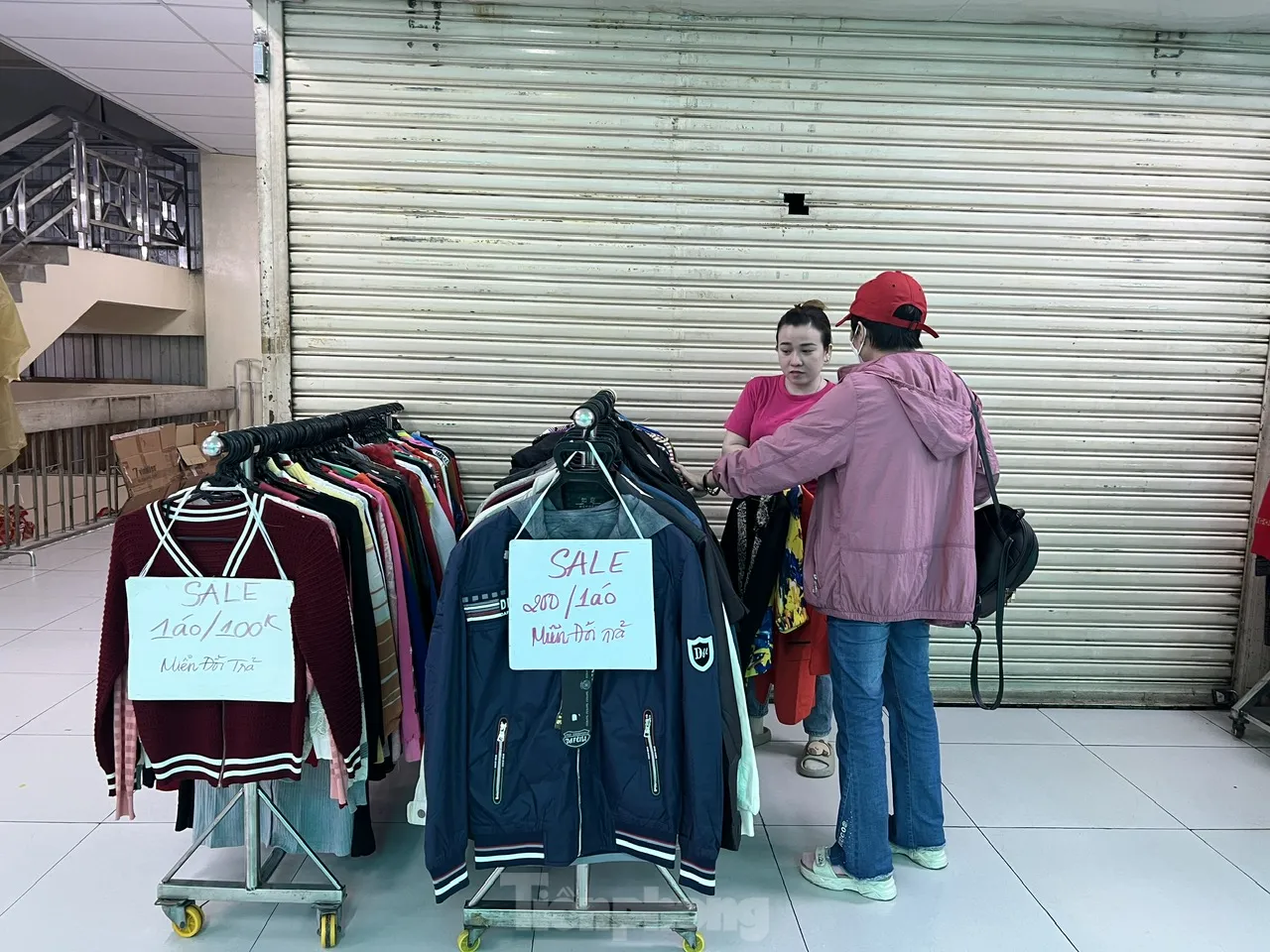
Sale items, with prices as low as VND 100,000–200,000, rarely attract any customers.
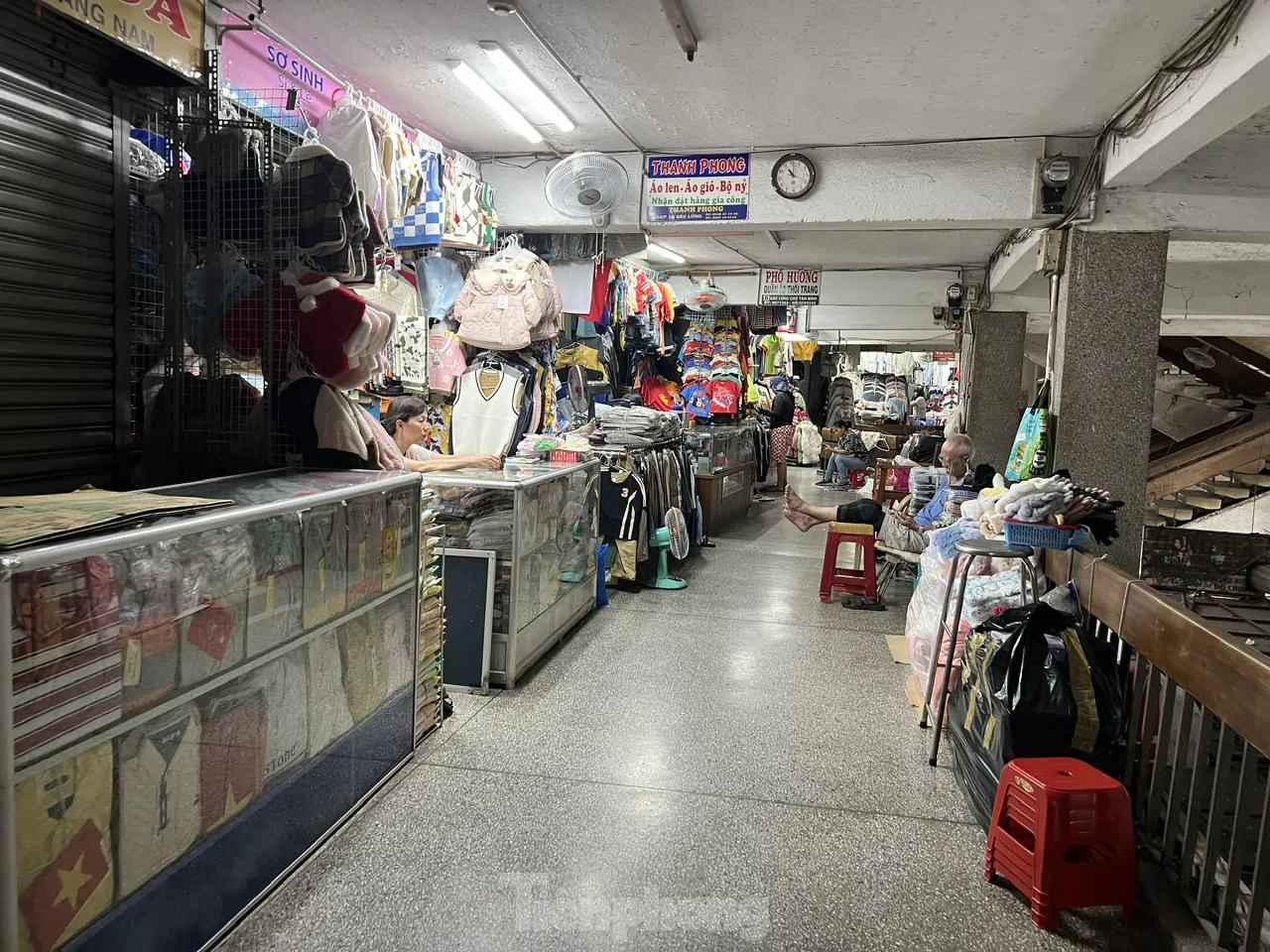
Tan Binh Market in Tan Binh District, once a bustling hub for wholesale fashion distribution in Ho Chi Minh City, now echoes with emptiness. While retail purchases are currently allowed, the market remains deserted.
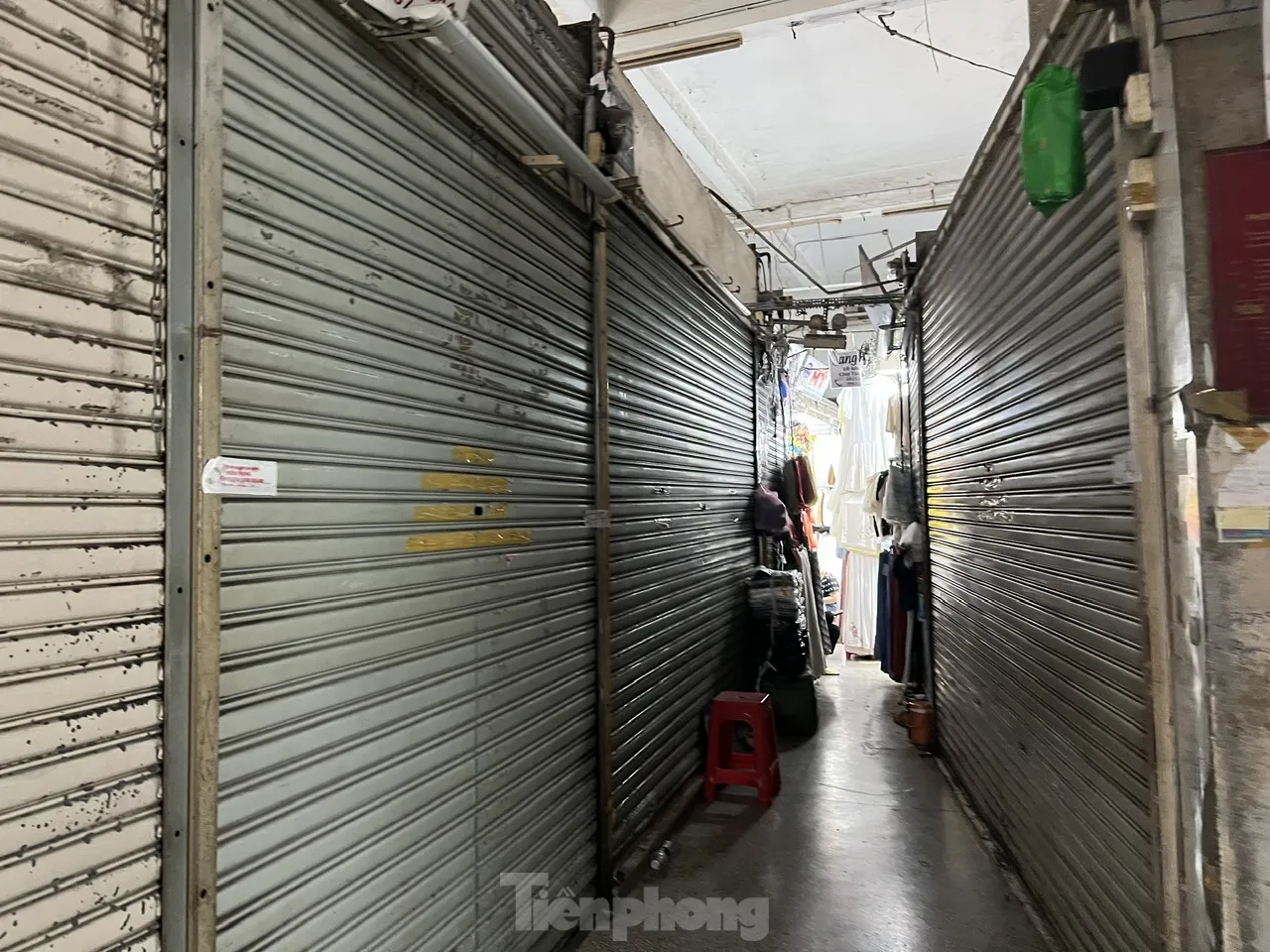
Some merchants clarify that their closures are not due to tax evasion but rather the harsh reality of a struggling business in a challenging economic climate, devoid of customers.
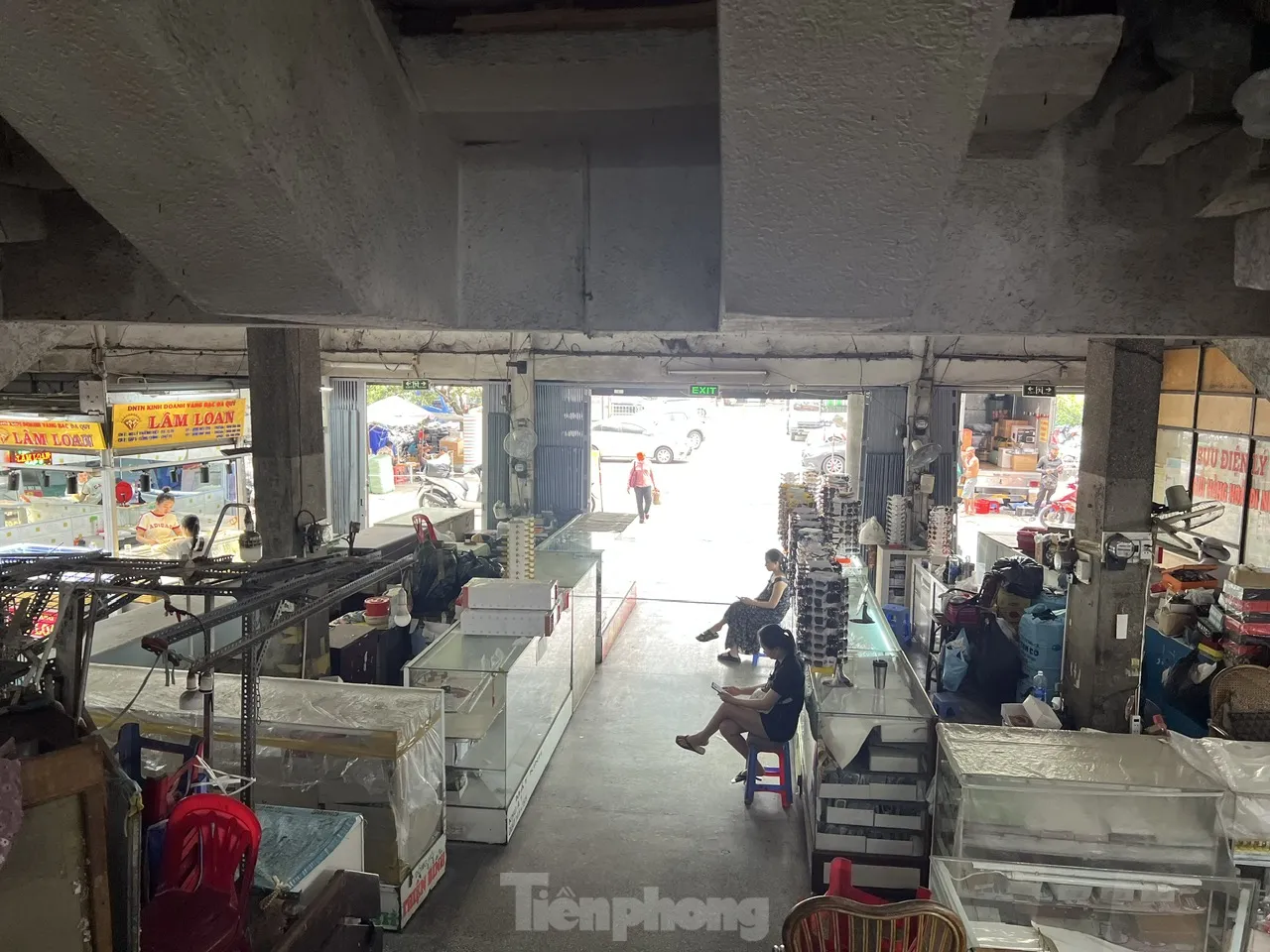
The once-bustling gold and jewelry section of Tan Binh Market is now quiet. Many display cases lie empty. “I only bring out products when customers express interest to avoid potential issues during inspections,” shares a gold shop employee.
Clearing the Market of Drugs and Supplements: A Wave of Voluntary Recalls
In recent weeks, dozens of businesses have voluntarily recalled their medicines, health supplements, and cosmetics. This could be a demonstration of their social responsibility and ethical business practices. However, amidst the ongoing crackdown on counterfeit and substandard goods, it also raises questions about whether some companies are simply attempting to avoid regulatory scrutiny or potential penalties for non-compliance.
The City of Ho Chi Minh Scrambles to Compile a ‘Hotspot’ List of Counterfeit and Smuggling Trade for Swift Inspection and Action
The Chairman of the Ho Chi Minh City People’s Committee has directed the Department of Industry and Trade to urgently inspect and compile a list of hotspots requiring heightened attention in the fight against smuggling, commercial fraud, and counterfeit goods. The aim is to enforce regulations and stamp out these illicit activities.
Counterfeiting in the Digital Age: Time to Take Action Against Online Marketplaces
“It is imperative to strengthen the penalties and impose criminal liability on both the manufacturers and the e-commerce platforms themselves if they are found to be in breach of regulations. A stringent enforcement approach is necessary to deter future violations and ensure a safe and trustworthy digital marketplace for all stakeholders involved.”
“Fake Adidas, Nike, and Puma Sneakers: A Widespread Issue in Ho Chi Minh City, Vietnam”
The rampant sale of counterfeit Adidas, Nike, and Puma products, including footwear, apparel, hats, and socks, across Ho Chi Minh City has posed a significant challenge for these renowned brands.

